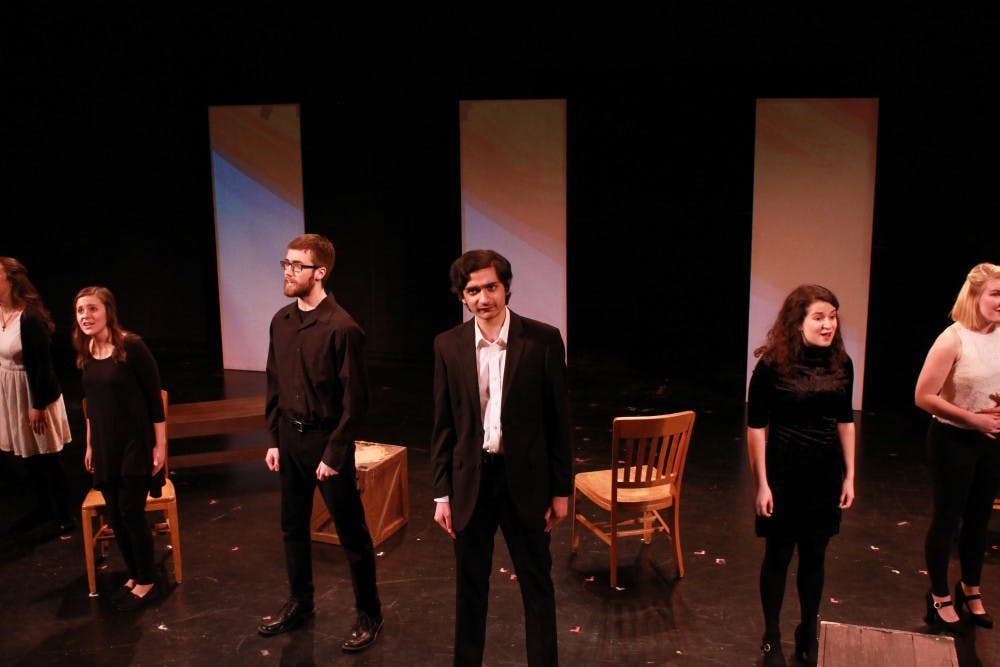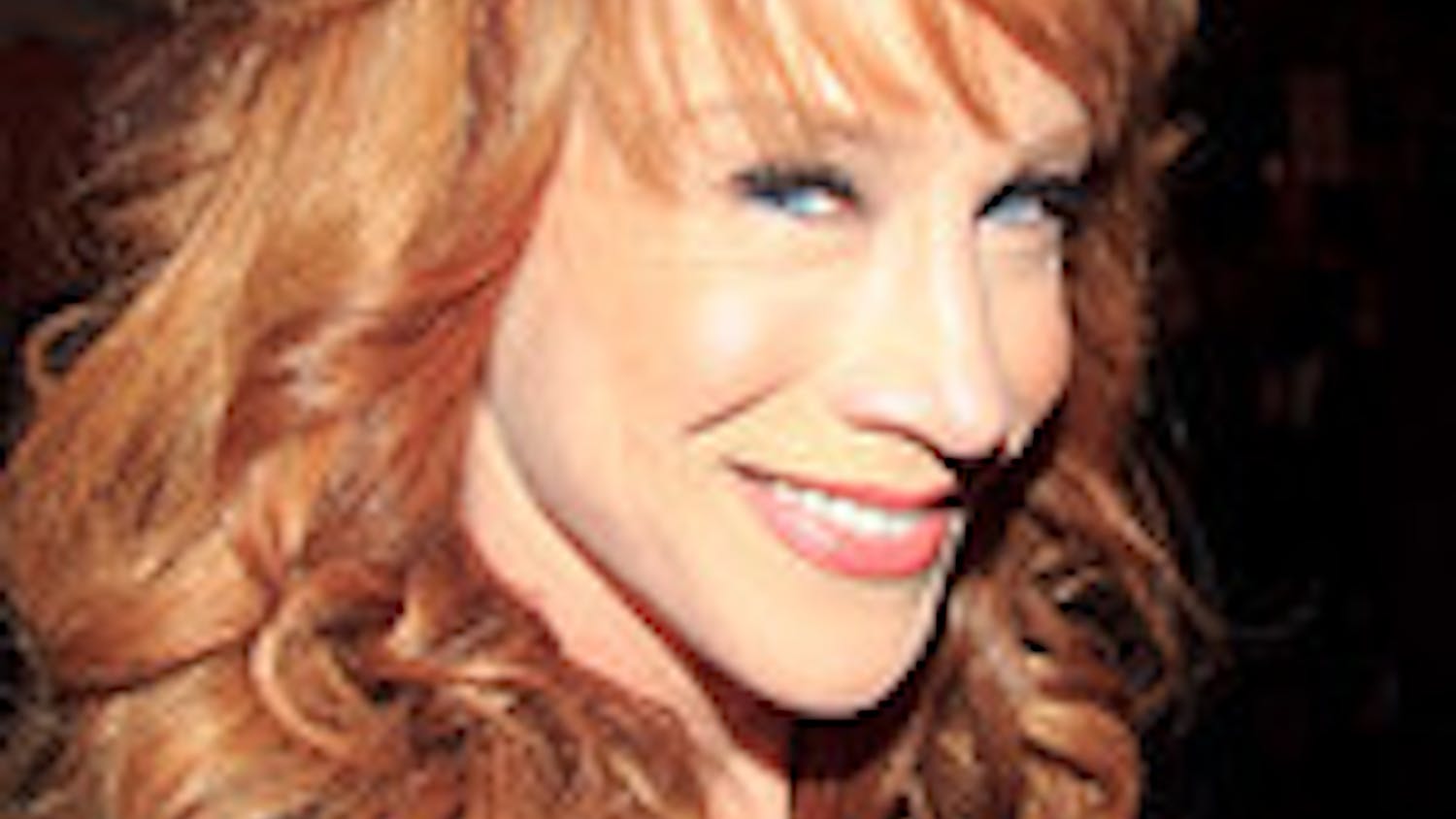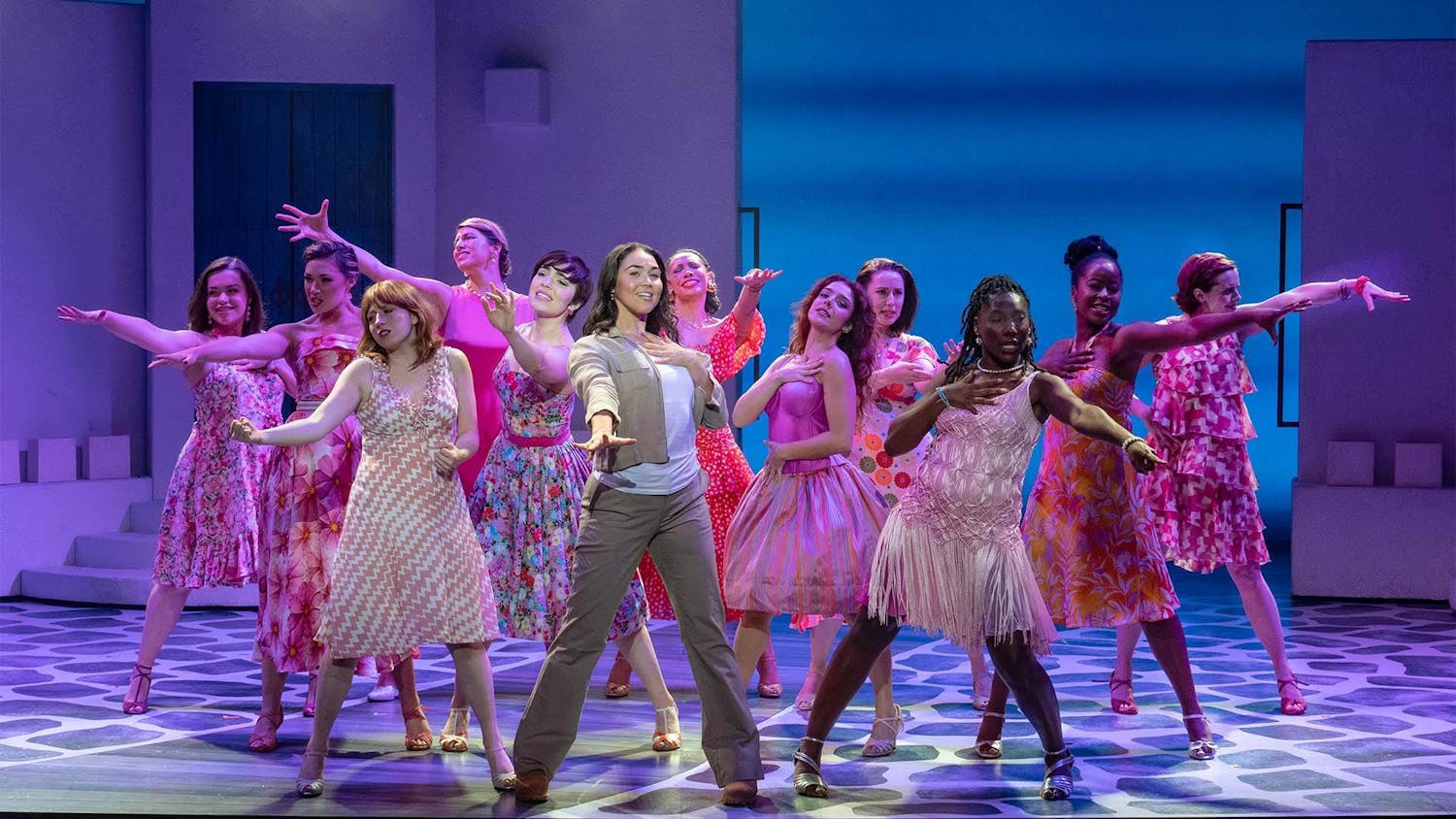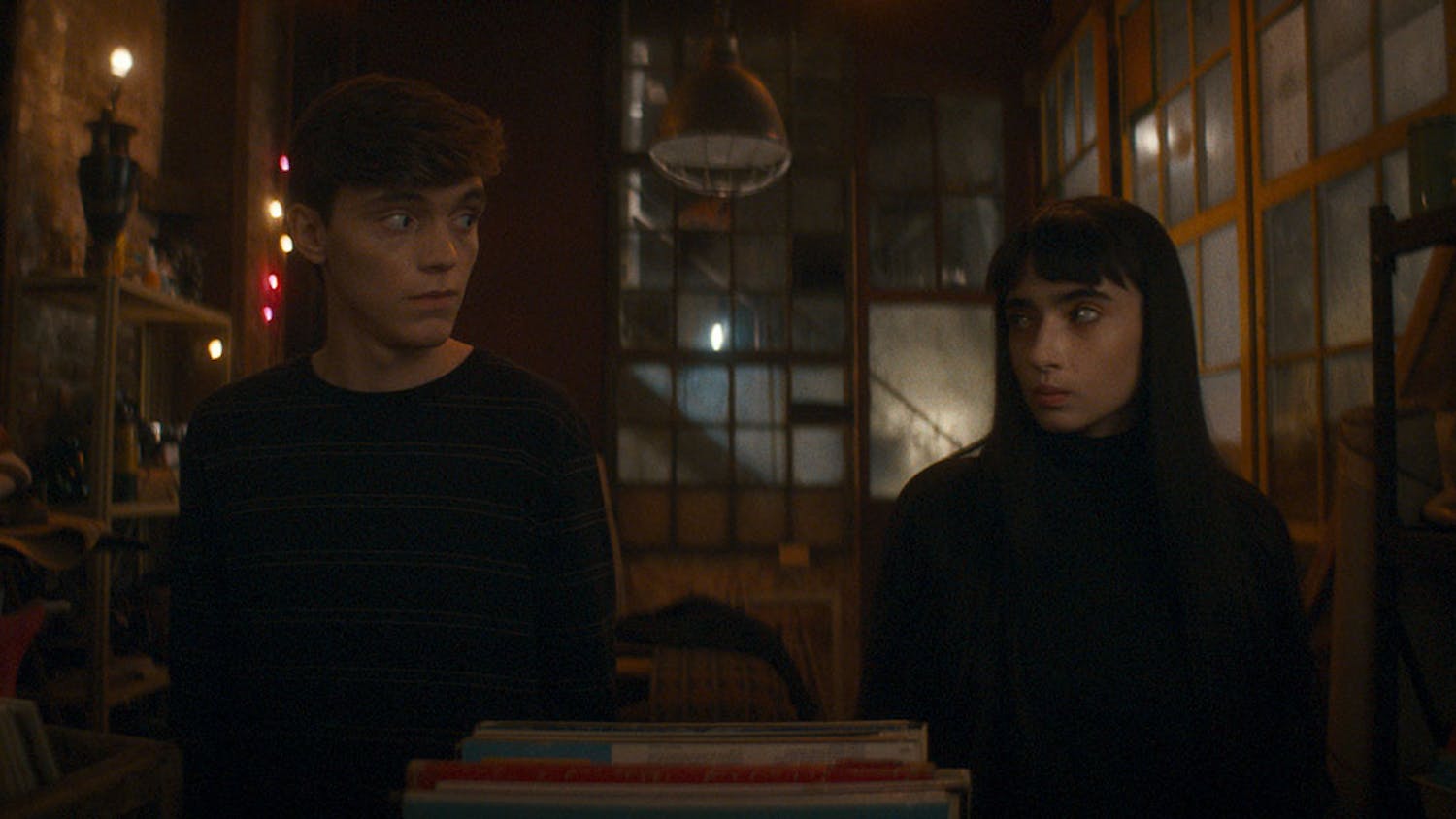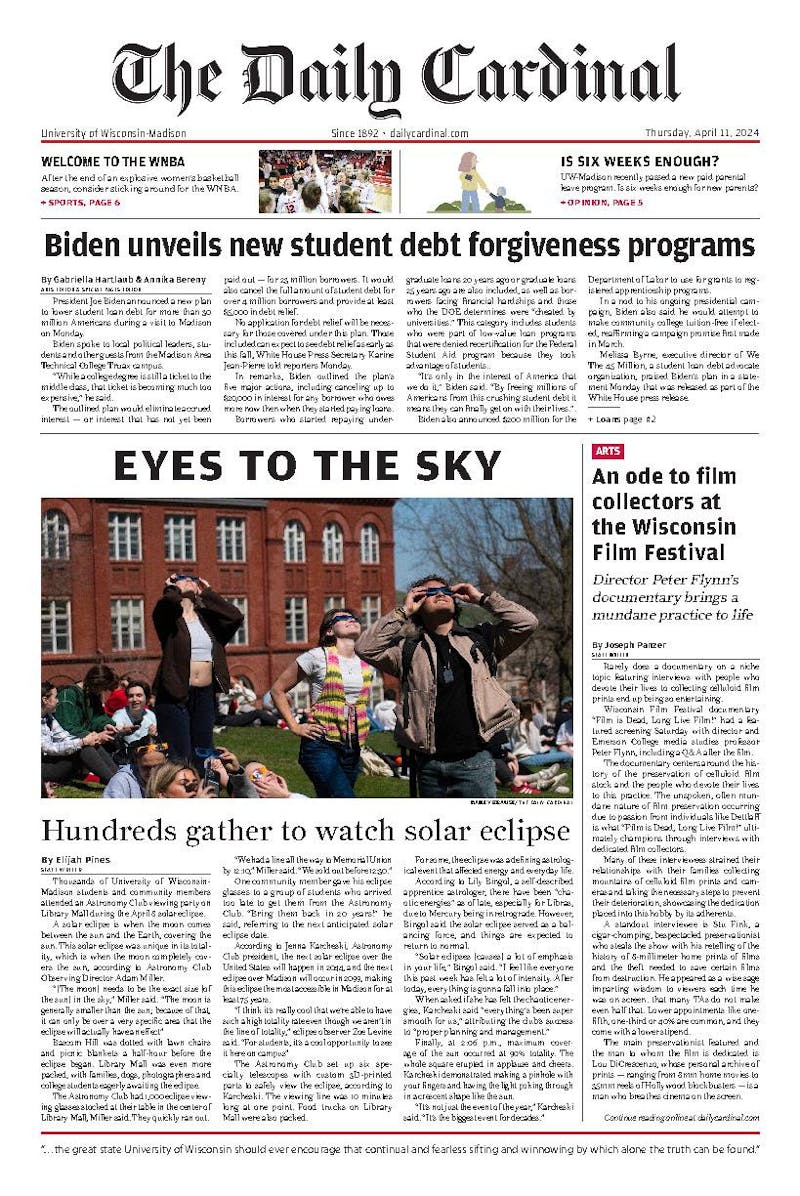The student-run Undergraduate Theatre Association presented its production of “Songs for a New World,” written by Jason Robert Brown, April 6- 9. Throughout the year, UTA has presented us with a diverse set of productions including “Doubt: A Parable,” a relatively small theatre production featuring four actors, and “Romeo and Juliet,” an invested performance of Shakespeare’s famous love story. This time, it is a musical—“Songs for a New World.”
It is said that “Songs for a New World” is neither a musical nor a song cycle, but something in between. As a result, drawing connections between these songs may be a challenge for the audience because the storyline is, indeed, objectively blurry with no real plot. In typical musicals, actors talk and act, but “Songs for a New World” relies heavily on singing because the words conveyed through lyrics are more significant than those expressed through speaking. One song after another functions as scenes in a normal play.
Therefore, volume is a factor that cannot be neglected. The lyrics were hard to hear from time to time. Compared to talking, in which volume is more easily controlled between people whispering or shouting, singing is challenging, especially because the music written for “Songs for a New World” is vocally demanding of the performers. It is understandable that the singers’ voices can weaken when a song goes to a register that is not within their strongest range.
In order to enliven the story and help build the characters more, costuming could have used more thoughtfully. The three women and three men in the play are supposed to come from different backgrounds. One wants to become a basketball player while another regrets the decision of marrying rich. Identity differentiation could be demonstrated exponentially by small changes in costumes. For example, the use of a suit on the captain during “On the Deck of a Spanish Sailing Ship” is good, but giving actor Sachal Ali a captain’s hat could be more telling, even before he starts singing about his responsibility as the ship captain. It is noteworthy that the character played by Grace Ferolo wears a black velvet dress that characterizes her as being well-off, but these messages could be stronger in general.
Visually, the choreography is artistically effective in demonstrating each situation. In the ship song from the first act, the use of four electronic screens as background go really well, with the performers stumbling and showing turbulence in their physical actions on the ship as if they were really on the ocean.
“Songs for a New World” is like a dream, something that every one of us longs for, and the last song, “Hear My Song,” conveys the common need of human beings to want to be heard, to be understood and to feel connected. We strive for greatness, but what actually touches us is feeling warmth from people that we love and cherish. We are pursuing something, but what we end up obtaining may be different and we may find that something else is important along the way.
Overall, this production did an impressive job. The big picture and artistic ideas are communicated successfully through the performances. Considering that this is an all-undergraduate team and the financial support is not abundant, the produced effect from the show is considerable. Bravo!
The song-after-song trait of the production does not stand in the way of understanding what is happening onstage, but it must have been an essential obstacle to overcome during rehearsals. As audience members, our job should be easy; we are here to be inspired and enjoy, instead of trying too hard to figure out the plot. Thanks to the eternal themes and common struggles of human beings—love, dreams, relationships and self realisation—these stories can be written, performed and shared to resonate among us.

